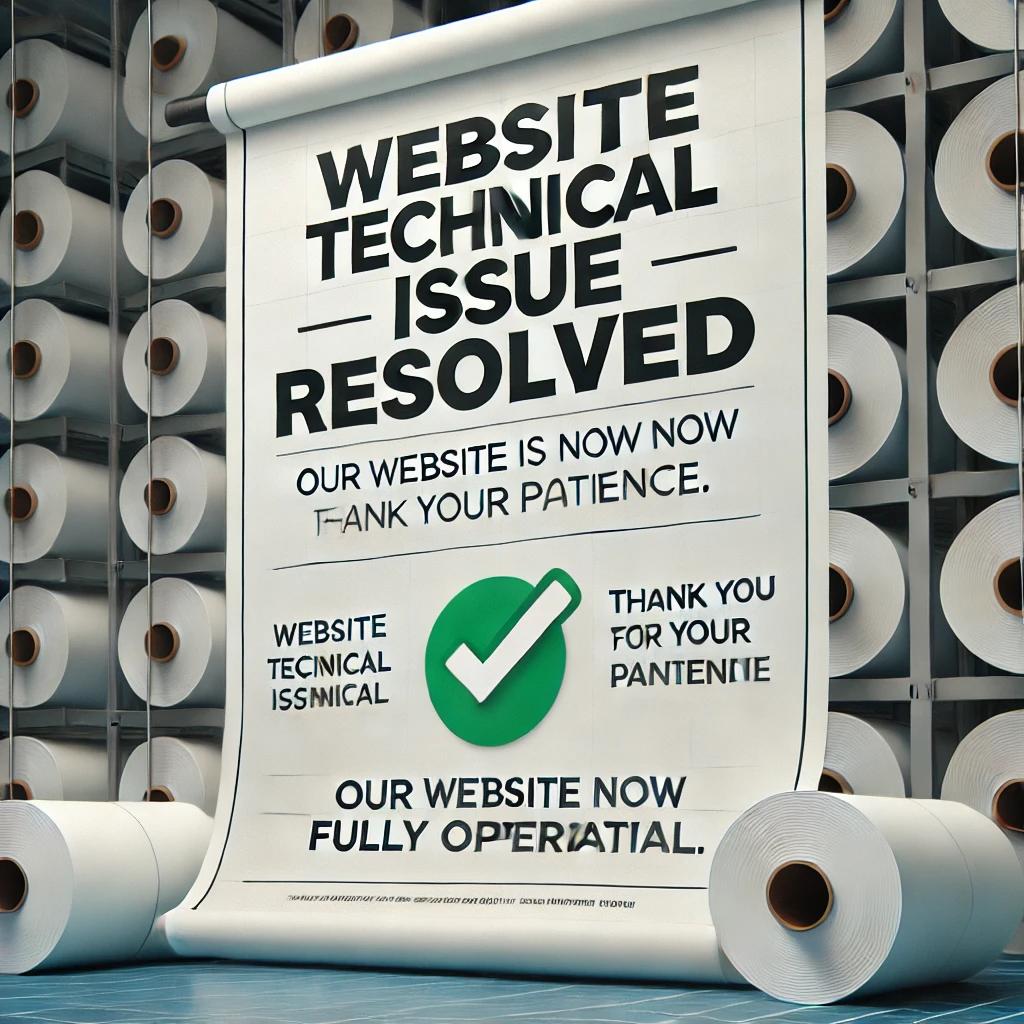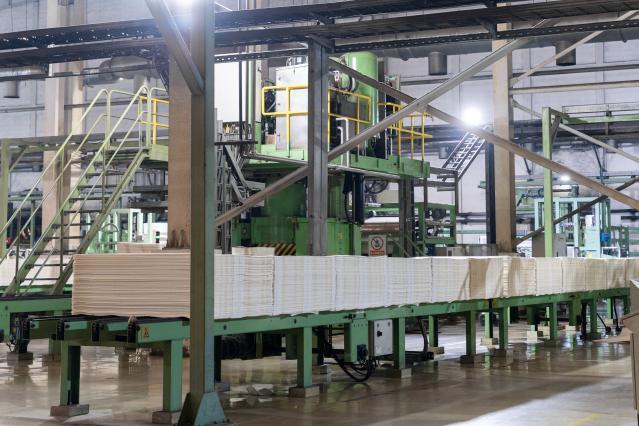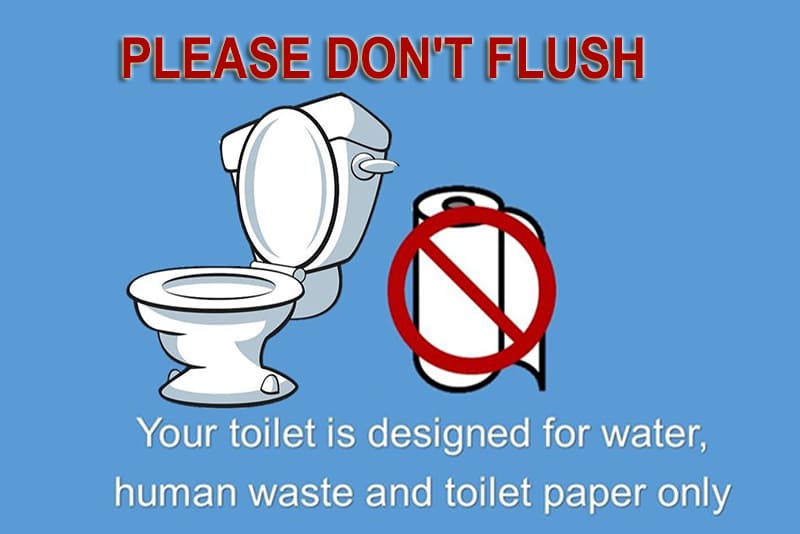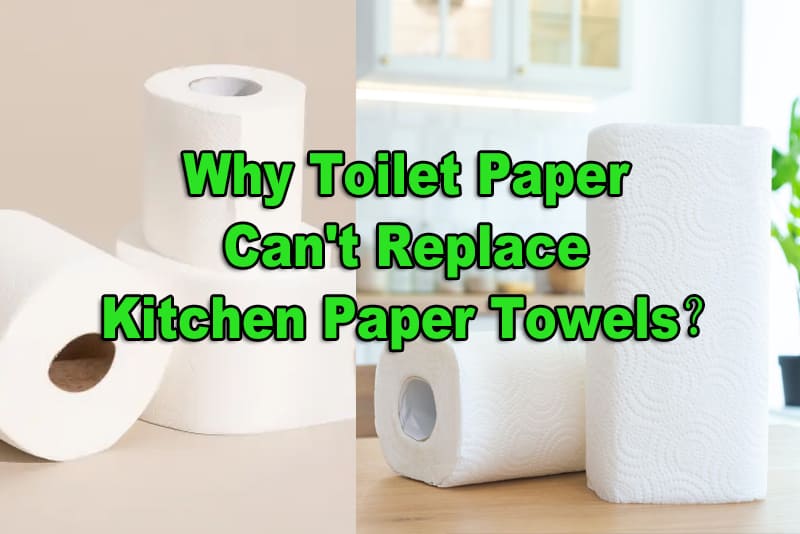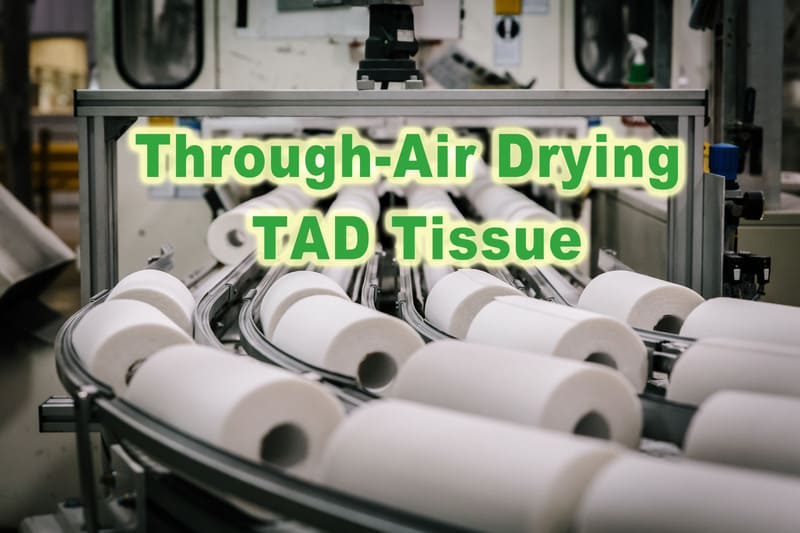Are Paper Towels Compostable or Not?
Paper towels are a staple product in households and businesses worldwide, widely used for cleaning up spills, drying hands, and a variety of other tasks. As sustainability becomes a growing concern for both consumers and businesses, many are beginning to ask: Are paper towels compostable? For manufacturers, answering this question and adapting their products accordingly is becoming increasingly important in a competitive, ecoconscious market.
In this article, we’ll explore the compostability of paper towels, the benefits and challenges for manufacturers, and practical steps you can take to create ecofriendly products that appeal to today’s sustainabilityfocused consumers.
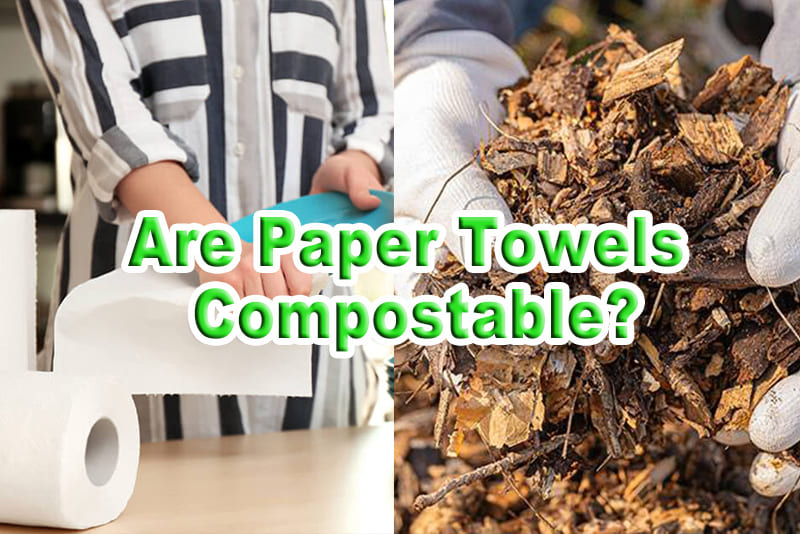
What Does It Mean for Paper Towels to Be Compostable?
Before diving into the specifics of composting paper towels, it’s important to define what “compostable” really means, especially in the context of paper products. Many terms are often used interchangeably—compostable, biodegradable, and recyclable—but each has a distinct meaning:
Compostable:
Products that can break down into natural, nontoxic elements under composting conditions, typically in 90 to 180 days.
The result of composting is nutrientrich soil or compost, which can enhance plant growth.
Biodegradable:
Items that break down naturally over time, but not necessarily in a composting environment.
While biodegradable products may degrade, they don’t always do so within a specific timeframe or without releasing harmful chemicals.
Recyclable:
Items that can be reprocessed to create new products.
Paper towels are usually nonrecyclable due to contamination from food, grease, or chemicals.
Understanding the difference between these terms is crucial for manufacturers. While most consumers are familiar with biodegradable and recyclable products, compostable items offer an additional advantage: they contribute to reducing waste and enriching soil.
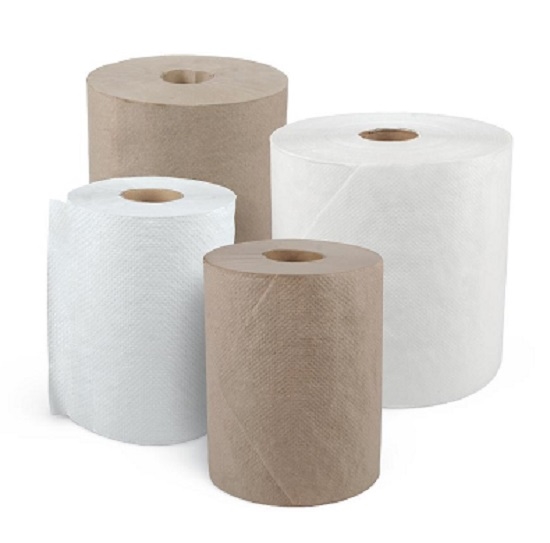
Are All Paper Towels Compostable?
Not all paper towels are compostable, and a product’s compostability depends largely on the materials used during its manufacturing process.
Key Factors That Affect Compostability:
1. Materials and Additives:
Paper towels made from unbleached or recycled materials are more likely to be compostable.
Some paper towels are treated with chemicals, like chlorine bleach or dyes, that can inhibit decomposition in a compost pile.
Paper towels with synthetic fibers (often added to improve durability) may not break down in a composting environment.
2. Coatings and Fragrances:
Coated paper towels (e.g., those marketed as waterresistant or strong when wet) are less likely to break down efficiently in compost.
Fragranced or antibacterial paper towels may introduce unwanted chemicals into the compost, which can be harmful to the environment.
3. Contaminants:
If a paper towel has been used to clean up oil, chemicals, or nonbiodegradable substances, it should not be added to a compost pile, as these contaminants will not break down and can pollute the compost.
How Can Manufacturers Ensure Compostability?
Manufacturers who aim to produce compostable paper towels need to prioritize:
- Using natural fibers without additives or harmful chemicals.
- Ensuring products are made with recycled or unbleached materials.
- Avoiding synthetic coatings or nonbiodegradable components.
Paper Towels: Compostable in Commercial and Home Composting Systems
Whether or not paper towels are compostable also depends on the composting system being used. There are two main types: home composting systems and commercial composting facilities.
Home Composting Systems
Home composting involves smallscale composting, typically done in a backyard or compost bin. This system works best for organic materials like food scraps, leaves, and certain paper products.
- Benefits of Composting Paper Towels at Home:
Unbleached or chemicalfree paper towels can be composted at home, contributing to the reduction of household waste.
Composting kitchen paper towels used for tasks like cleaning up water or dirt (but not chemicals) is a good way to divert waste from landfills.
- Challenges of Home Composting:
Home compost bins often lack the heat and bacteria required to break down tougher materials, such as coated or syntheticfiber paper towels.
Paper towels contaminated with oils, grease, or chemicals should be avoided in home compost systems, as they can disrupt the composting process and result in poorquality compost.
Commercial Composting Systems
Commercial composting facilities are much larger and more controlled than home systems. They can handle a wider range of materials, including products that are harder to break down.
- Advantages:
Many compostable products, including some paper towels, can break down effectively in commercial systems due to higher temperatures and better aeration.
Products certified by compostability standards (such as those approved by the Biodegradable Products Institute, or BPI) are typically suited for commercial composting. - Limitations:
Not all consumers have access to commercial composting facilities, limiting the reach of compostable paper towel products.
Paper towels used for industrial cleaning or containing hazardous chemicals may still be unsuitable for commercial composting.
For manufacturers, it’s important to specify whether your paper towels are designed for home or commercial composting and provide clear usage guidelines for consumers.
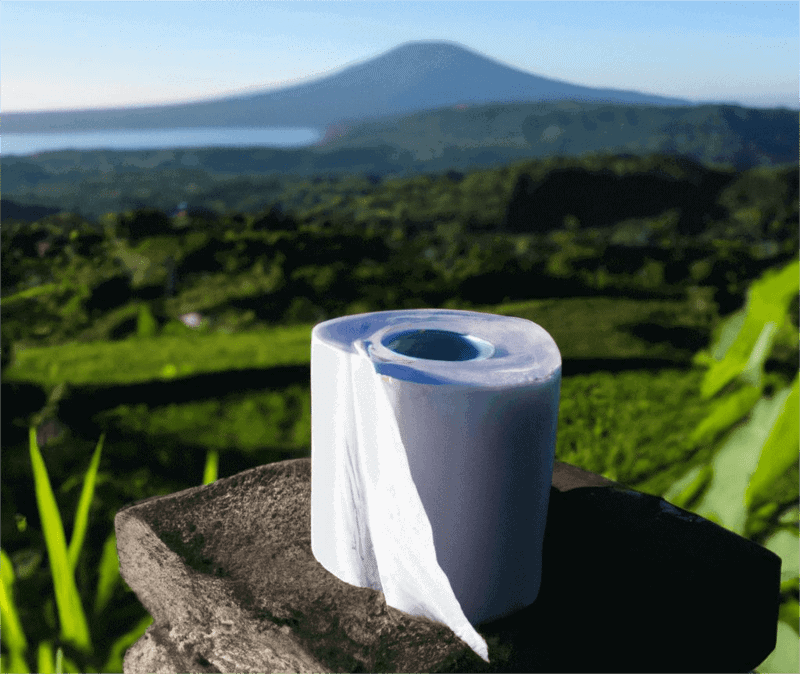
The Benefits of Composting Paper Towels
As manufacturers consider compostable paper towels, it’s important to understand the environmental and economic benefits that can result from their adoption.
Environmental Advantages:
1. Waste Reduction:
Compostable paper towels help divert waste from landfills. Unlike noncompostable products that sit in landfills for years, compostable paper towels decompose naturally.
2. NutrientRich Compost:
Compostable paper towels can be transformed into nutrientrich soil, promoting healthy plant growth and contributing to ecofriendly agricultural practices.
3. Decreased Methane Emissions:
When organic materials like paper towels decompose in landfills, they often generate methane, a potent greenhouse gas. Composting these materials helps reduce methane emissions.
Marketing and Consumer Demand:
1. Appeal to EcoConscious Consumers:
Consumers are increasingly seeking out ecofriendly, compostable products. Offering compostable paper towels allows manufacturers to tap into this growing market segment.
2. Brand Differentiation:
Manufacturers that produce compostable paper towels can differentiate their products from competitors, positioning their brand as a leader in sustainability.
3. Compliance with Future Regulations:
As environmental regulations tighten around singleuse products and waste management, compostable paper towels may become a necessity rather than a luxury.
Challenges Manufacturers Face in Producing Compostable Paper Towels
While there are clear benefits to producing compostable paper towels, manufacturers face several challenges that must be addressed to meet both performance and sustainability standards.
1. Durability vs. Compostability:
Paper towels must be strong enough to perform basic tasks, like absorbing liquids and scrubbing surfaces. However, making them durable can sometimes conflict with compostability, especially when synthetic fibers or coatings are used.
Solution: Innovate with natural materials that offer both strength and compostability, such as unbleached, recycled fibers or plantbased additives.
2. Consumer Expectations:
Many consumers expect their paper towels to be highly absorbent and durable, which may necessitate additives or treatments that interfere with compostability.
Solution: Educate consumers about the balance between ecofriendliness and performance, and encourage the use of compostable towels for specific tasks.
3. Cost Considerations:
Producing compostable products can sometimes be more expensive than traditional manufacturing methods. Sustainable materials and certifications come with additional costs that may impact profit margins.
Solution: Streamline production processes and seek out costeffective, compostable raw materials. Position your product as a premium, ecofriendly option to justify higher pricing.
4. Certification and Compliance:
To market products as compostable, manufacturers must meet strict certification standards, such as those set by BPI or European Bioplastics.
Solution: Invest in R&D to ensure your paper towels meet these standards and clearly label certified products to build consumer trust.
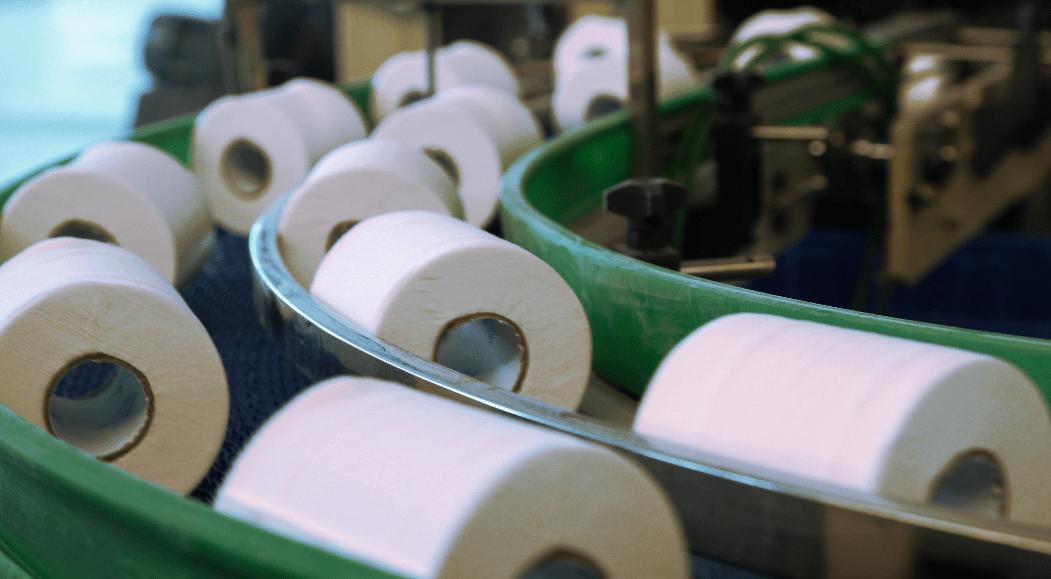
Best Practices for Manufacturers: Producing Compostable Paper Towels
To successfully produce compostable paper towels, manufacturers should follow best practices that align with both environmental standards and consumer expectations. Here are key strategies:
1. Select Compostable Raw Materials:
Use recycled or sustainably sourced fibers, avoiding synthetic materials.
Choose unbleached paper or fibers processed with nontoxic chemicals to ensure they can safely decompose.
2. Avoid Harmful Additives:
Refrain from using synthetic coatings, fragrances, or chemical treatments that could prevent decomposition.
Opt for natural alternatives, such as plantbased binders or treatments that enhance durability without compromising compostability.
3. Pursue Certifications:
Ensure your products meet recognized compostability standards, such as BPI or ASTM D6400 in the United States or EN 13432 in Europe.
Prominently display certification logos on packaging to signal compostability to consumers.
4. Provide Clear Labeling and Education:
Include detailed instructions on the packaging about composting your paper towels at home or through commercial facilities.
Offer guidance on proper usage, such as avoiding composting paper towels contaminated with chemicals or oils.
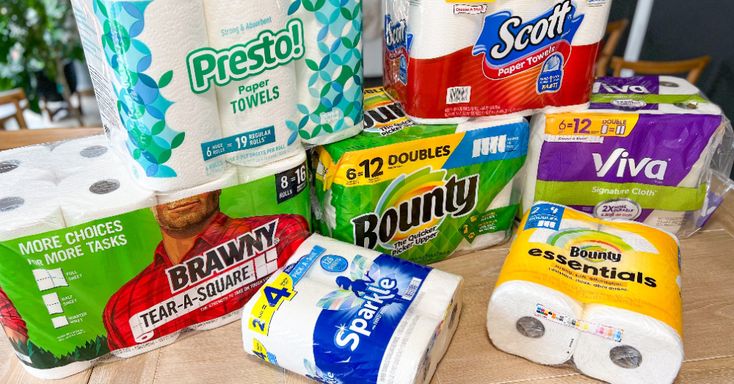
Educating Consumers About Composting Paper Towels
For manufacturers, one of the most effective ways to increase the adoption of compost
able paper towels is through consumer education. Many customers may not be aware of how to properly dispose of compostable products or the benefits of doing so.
Tips for Educating Consumers:
1. Clear Instructions:
Provide easytounderstand disposal instructions on the packaging. Let consumers know if your product is suitable for home composting or requires commercial composting facilities.
2. Use of Composting Symbols:
Include recognizable composting logos, such as the BPIcertified compostable mark, to indicate that the product meets industry standards for compostability.
3. Educational Content:
Create blog posts, videos, or social media content explaining the benefits of composting and how to properly compost your paper towels.
4. Encourage Sustainability:
Highlight how composting paper towels can help consumers reduce their carbon footprint and contribute to a circular economy.
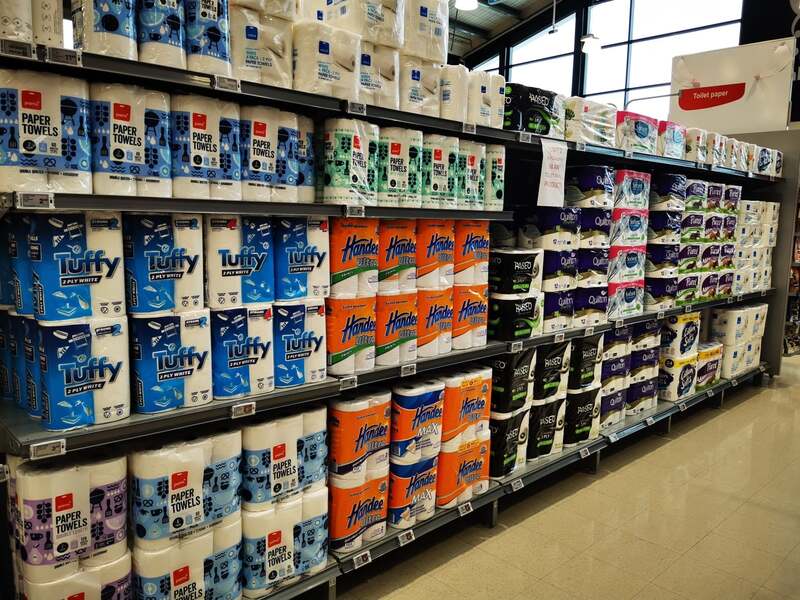
The Future of Compostable Paper Towels in the Market
As the demand for sustainable products grows, the paper towel industry is poised for significant change. Here are a few trends shaping the future of compostable paper towels:
1. Increased Consumer Demand for Sustainable Products:
The market for ecofriendly paper towels is expanding as consumers become more environmentally conscious. Compostable products are no longer a niche market but are moving toward the mainstream.
2. Stricter Environmental Regulations:
Governments around the world are implementing stricter regulations on waste management and singleuse products. Compostable paper towels will help manufacturers comply with these regulations while positioning themselves as leaders in sustainability.
3. Innovations in Materials:
New innovations in biodegradable and compostable fibers will allow manufacturers to produce stronger, more durable paper towels without sacrificing compostability.
4. Greater Access to Commercial Composting Facilities:
As infrastructure for commercial composting expands, more consumers will have access to facilities where they can properly dispose of compostable paper towels.

Conclusion: Paper Towels Can Be Compostable – Here’s How to Do It Right
The shift toward compostable paper towels offers an exciting opportunity for manufacturers to align their products with the growing demand for sustainability. By focusing on compostable materials, certifications, and consumer education, manufacturers can lead the way in ecofriendly product offerings while reducing their environmental impact.
Compostable paper towels can be a viable solution, but it requires innovation, transparency, and a commitment to sustainability. For manufacturers ready to adapt, the rewards include stronger consumer loyalty, brand differentiation, and futureproofing against evolving market demands.
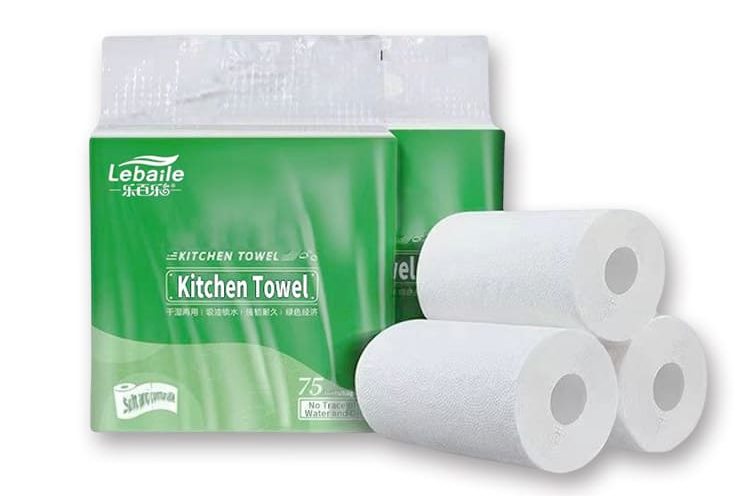
Positioning Your Brand as a Sustainability Leader
If you’re a manufacturer of paper towels, now is the time to explore compostable solutions. By offering compostable paper towels, you can attract ecoconscious consumers, comply with evolving regulations, and position your brand as a leader in the sustainability space.
Take the first step by evaluating your raw materials, streamlining your manufacturing process, and educating your customers about the benefits of compostable products. Together, we can build a greener future, one compostable paper towel at a time.

